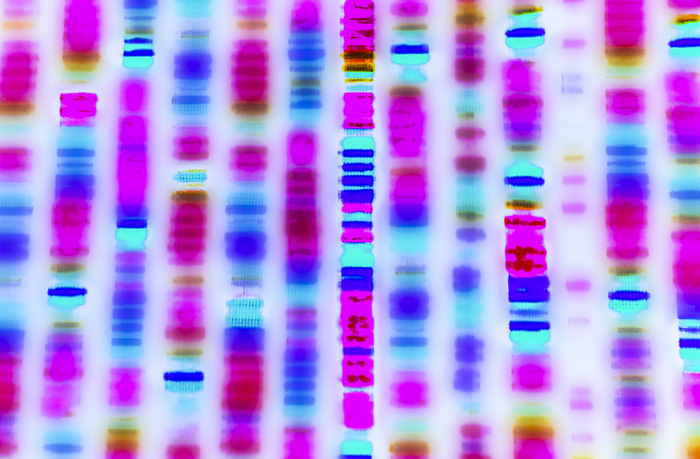Aging could be a matter of gene length.
That is, we do not age because of particular genes, but because the activity of long genes is reduced.
This is indicated by research published in the journal Trends in Genetics and based on the observation of the progressive reduction of gene expression from worms to humans, as well as in human tissue cell cultures and in people with neurodegenerative diseases.
This is the conclusion reached, using different methods and independently, by four research groups from Spain, the Netherlands, Germany and the United States.
"For a long time, research on aging has focused on the genes associated with this phenomenon, but our explanation is that it is a much more random phenomenon: it is a physical phenomenon linked to the length of the genes and not to the genes specific genes involved or the function of these genes", observes one of the authors of the study, Ander Izeta, of the Biogipuzkoa Health Research Institute and Donostia University Hospital, in Spain.
Aging would therefore involve random processes as long genes have more sites that could potentially be damaged.
Researchers compare it to a car journey: the longer the journey, the more likely something is to go wrong.
And since some cell types tend to express mainly long genes, it is more likely that over time these cells accumulate more DNA damage.
Nerve cells, for example, are known to express particularly long genes and are therefore among the most susceptible to the consequences of aging.
The countermeasures indicated by the researchers are largely known as anti-aging factors, such as smoking, alcohol, diet and oxidative stress.
Reproduction reserved © Copyright ANSA

